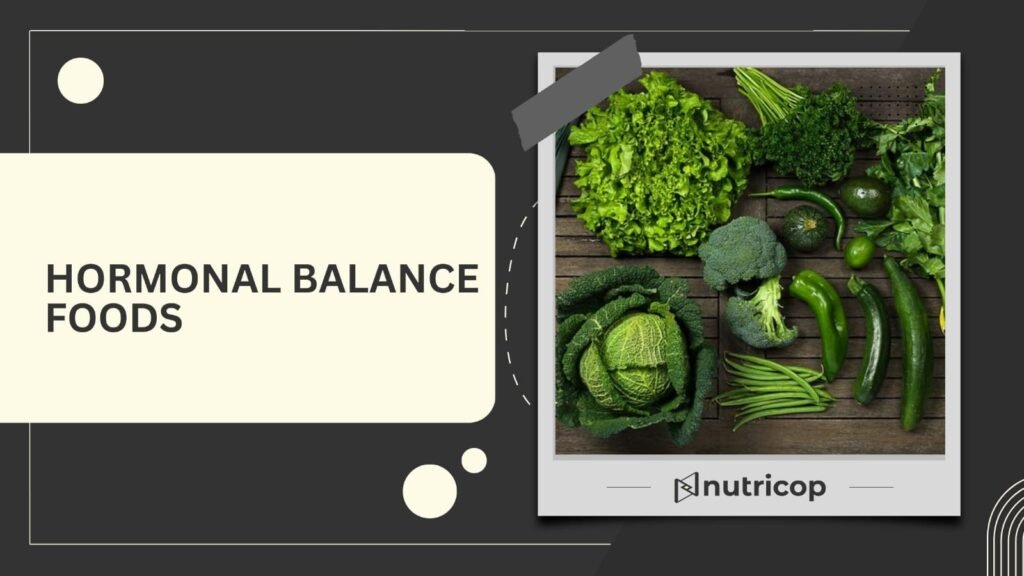Dietitian vs. Nutritionist – Know the Difference Between a Registered Dietitian and a Certified Nutritionist
When it comes to nutrition advice, understanding the credentials behind the title is essential for your health. The terms “dietitian” and “nutritionist” are often used interchangeably, but they represent vastly different levels of training, expertise, and regulation. They complete a supervised practice program, often referred to as a dietetic internship, which involves a minimum of 1,000 hours of practical experience in areas like clinical nutrition, community nutrition, and food service management Cleveland Clinic
Whether you’re seeking guidance for weight loss, managing a medical condition, or improving your overall wellness, knowing the difference between a Registered Dietitian and a Certified Nutritionist is crucial.
In this blog, we’ll break down the difference between a Registered Dietitian and a Certified Nutritionist, explore their qualifications, and explain why choosing the right expert matters for your nutritional needs.
What is a Registered Dietitian?
Extensive Training and Education
Becoming a Registered Dietitian requires years of rigorous education and training.
- Academic Requirements: Typically, it takes 5-7 years of education, including a bachelor’s degree in nutrition, dietetics, or a related field, followed by a master’s degree (in some regions).
- Practical Experience: RDs must complete a supervised dietetic internship, involving 1,000+ hours of hands-on experience in hospitals, clinics, and community nutrition programs.
- Certification Exam: After training, they must pass a national certification exam to earn their credentials.
Comprehensive Expertise
Registered Dietitians are qualified to handle medical conditions, including:
- Diabetes
- Heart disease
- Gastrointestinal disorders
- Eating disorders
- Food allergies and intolerances
- Weight management
Their training allows them to provide evidence-based medical nutrition therapy (MNT) tailored to each patient’s needs.
Legal Recognition and Regulation
The title “Registered Dietitian” is legally protected, meaning only those who meet strict education and professional requirements can use it. RDs are regulated by professional bodies such as:
- Academy of Nutrition and Dietetics (AND) – USA
- Dietitians of Canada (DC) – Canada
- British Dietetic Association (BDA) – UK
What is a Certified Nutritionist?
Varied Training and Education
The title “Certified Nutritionist” is less regulated, and their educational background varies widely:
- Some may hold a short-term certificate (6 months – 2 years), while others have bachelor’s or master’s degrees in nutrition.
- Many nutritionists obtain certifications from private organizations, but these certifications are not standardized or regulated by national health authorities.
Scope of Practice
Certified Nutritionists focus on general wellness, including:
- Healthy eating advice
- Weight management
- Sports nutrition
- Lifestyle coaching
However, Certified Nutritionists are not qualified to diagnose or treat medical conditions or provide medical nutrition therapy (MNT).
Lack of Regulation
Unlike Registered Dietitians, Certified Nutritionists are not legally regulated in many regions. This means anyone can call themselves a nutritionist, regardless of their training.
Key Differences Between a Registered Dietitian and a Certified Nutritionist
| Aspect | Registered Dietitian (RD/RDN) | Certified Nutritionist |
|---|---|---|
| Education | 5-7 years of academic and clinical training | Varies (6 months – 4 years) |
| Certification | National certification exam required | Optional certifications from private bodies |
| Scope of Practice | Diagnose and treat medical conditions | General wellness and lifestyle advice |
| Legal Recognition | Legally protected title | Not legally protected in many regions |
| Regulation | Regulated by professional bodies | Less regulated |
Why Does This Difference Matter?
Choosing between a Registered Dietitian and a Certified Nutritionist depends on your health goals:
When to Consult a Registered Dietitian
- You have a medical condition (diabetes, heart disease, kidney disease).
- You need a personalized meal plan for weight loss or weight gain.
- You’re pregnant or breastfeeding and need specialized nutrition advice.
- You’re recovering from an eating disorder or undergoing cancer treatment.
- You require evidence-based, scientifically validated dietary guidance.
When to Consult a Certified Nutritionist
- You want general advice on healthy eating and lifestyle changes.
- You’re looking for meal prep, grocery shopping, or cooking tips.
- You’re an athlete seeking sports nutrition guidance.
- You’re exploring holistic or alternative nutrition approaches
At Nutricop, We Prioritize Your Health
At Nutricop, transparency is at the heart of our practice. Every expert on our team is a Registered Dietitian, ensuring you receive the highest quality nutrition advice.
Our Registered Dietitians:
- Hold BSc and MSc degrees in Food and Nutrition.
- Have extensive experience in clinical care and disease management.
- Provide evidence-based, personalized nutrition plans tailored to your needs.
Frequently Asked Questions (FAQs)
1. Can a nutritionist become a dietitian?
Yes, but they must complete the required academic and clinical training and pass the national certification exam.
2. Are nutritionists qualified to prescribe diets for medical conditions?
No. Only Registered Dietitians are qualified to provide medical nutrition therapy (MNT).
3. How do I verify a dietitian’s credentials?
You can check their certification through professional organizations like the Academy of Nutrition and Dietetics (AND).
Final Thoughts on the Difference Between a Registered Dietitian and a Certified Nutritionist
Your health deserves expert guidance. Understanding the difference between a Registered Dietitian and a Certified Nutritionist ensures you choose the right professional for your needs.
- For evidence-based, personalized, and medically sound advice, a Registered Dietitian is your best choice.
- For general wellness tips, a Certified Nutritionist can be helpful—just be sure to verify their credentials.
At Nutricop, we’re committed to your well-being. Our team of Registered Dietitians is here to guide you toward better health.
Have you ever been confused about the differences between a dietitian and a nutritionist? Let’s discuss in the comments!
For more healthy diet plans and home workout tips, visit Nutricop and stay fit naturally!








